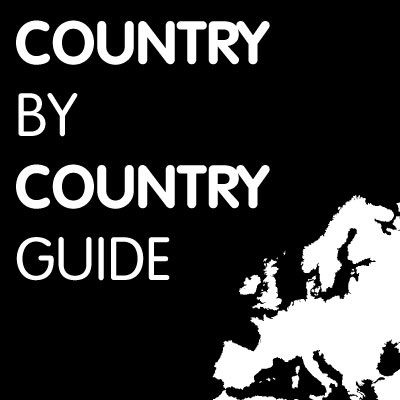We are currently experiencing technical problems and some parts of our website might not work as expected. Apologies for the inconvenience.
It is a pleasure for us to present the 2014 edition of the European Foreign Policy Scorecard, an ECFR initiative that aims to achieve an overall evaluation of the foreign-policy effectiveness of the EU during the course of the past year. We were particularly pleased to note that Europe’s overall foreign-policy performance was markedly better in 2013 than in 2014, partly because of some high-profile successes.
Now in its fourth year, the Scorecard continues to be an important tool for tracking trends in the development of European foreign policy. We therefore put emphasis in continuity in the methodology in order to enable meaningful comparison between European foreign-policy performance in 2013 and the previous three years.
As in the first three years of the Scorecard, we assessed the performance of EU actors as a collective, rather than looking at any institution or member state in particular. We focused on policies and results rather than on institutional processes in our evaluation of the effectiveness of Europe as a global actor. European policies were assigned ‘unity’ and ‘resources’ scores, each graded out of 5, with a third score, ‘outcome’, measured out of 10, which was used to determine results. The sum of these scores was then translated into a letter grade for each component.
The role played by individual member states on individual components, slimmed down from 80 to 66 to make the document as a whole more streamlined, continued to be evaluated. Researchers in each of the now 28 member states helped to classify each member state into three nominal categories: as being either a ‘leader’, a ‘supporter’, or a ‘slacker’ on a selection of these components. Whereas such a categorisation involves political judgments, we have made sure to explain our reasoning for each of the categorisation in the relevant components.
A full description of the methodology of the Scorecard can be found on ECFR’s website at https://www.ecfr.eu/scorecard. As always, the Scorecard project will continue to transform as the EU itself transforms, and any views and feedback on the findings in this year’s edition and the way it assesses European foreign-policy performance are most welcome.
Vaira Vike-Freiberga and Jaap de Hoop Scheffer
January 2013

